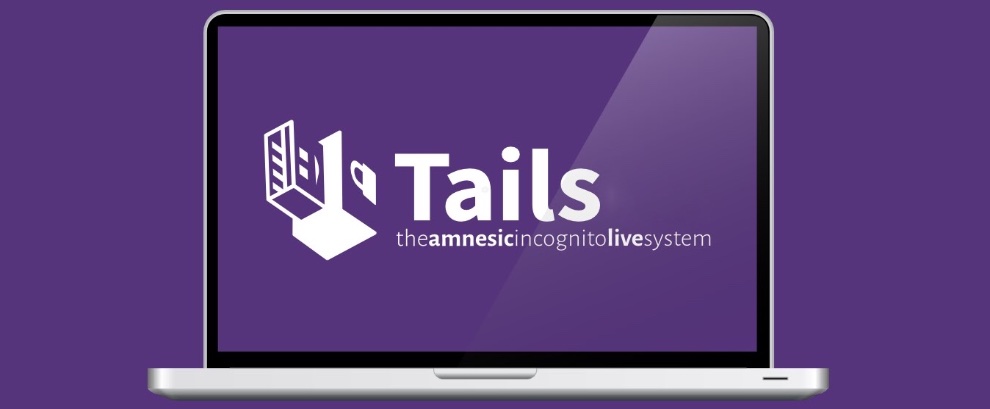Union Agreement Meaning
A union agreement, also known as a collective bargaining agreement, is a legally-binding agreement between a union and an employer. The purpose of the agreement is to set the terms and conditions of employment for union members, including wages, benefits, working conditions, and job security.
Such agreements typically cover a wide range of topics, including job classifications, health and safety, seniority, and grievance procedures. They may also include provisions related to overtime, vacation time, sick leave, and other benefits.
The process of negotiating a union agreement typically involves representatives from the union and the employer coming together to discuss the terms of the contract. The negotiations can be lengthy and can involve a lot of give-and-take as both sides try to reach an agreement that is acceptable to all.
Once an agreement is reached, it is typically put in writing and signed by both parties. The agreement then becomes a legally binding document that governs the relationship between the union and the employer for the duration of the contract.
One of the key benefits of a union agreement is that it provides job security for union members. By negotiating a contract that specifies the terms and conditions of employment, union members are better protected against arbitrary firings or other forms of discrimination.
In addition, union agreements can help to ensure that union members are paid fairly and receive the benefits they are entitled to. By negotiating a contract that specifies wages and benefits, unions are able to help ensure that their members are not exploited by employers.
Overall, the meaning of a union agreement is to create a balanced and fair relationship between a union and an employer. By negotiating a contract that sets forth the terms and conditions of employment, both sides are able to benefit from a stable and predictable working relationship.




























































